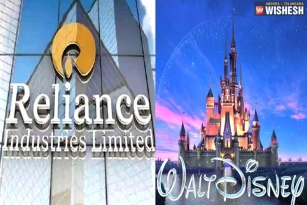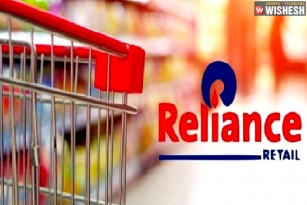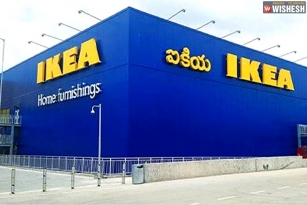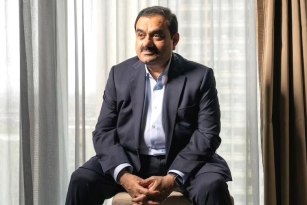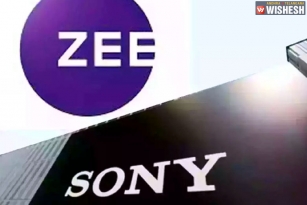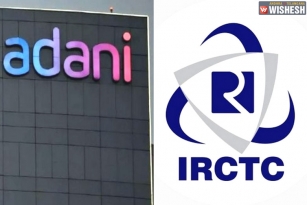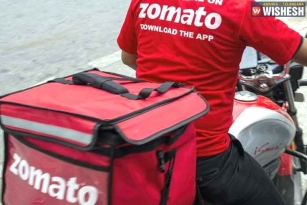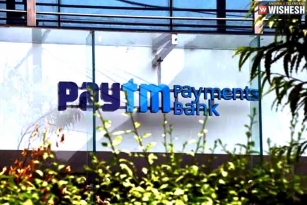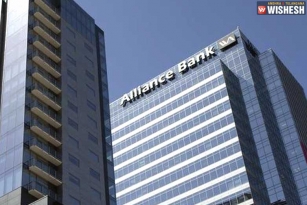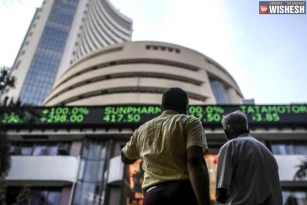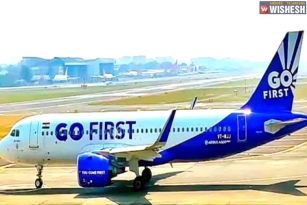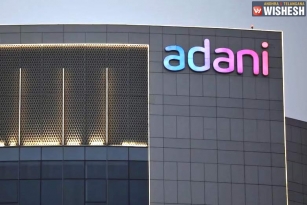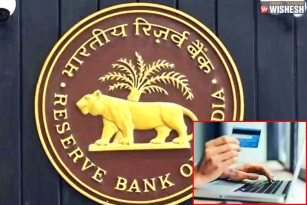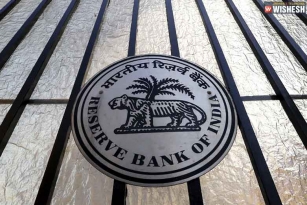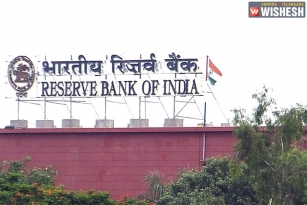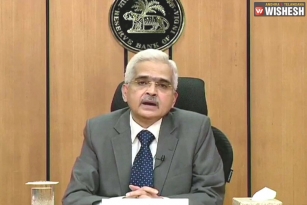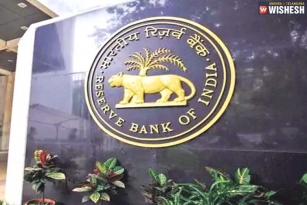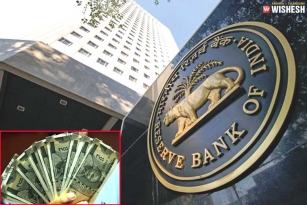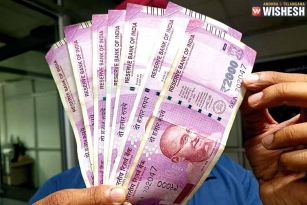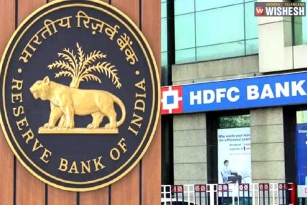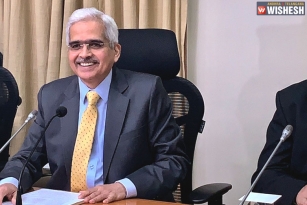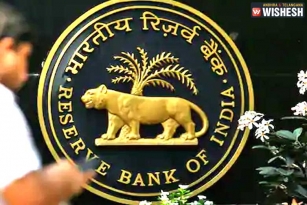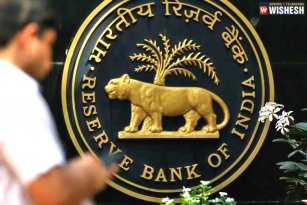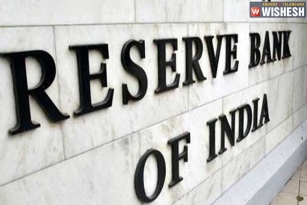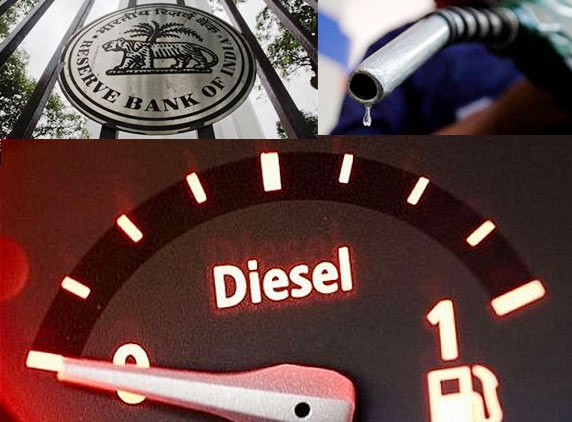
While petrol prices are market-linked, the government decides the rates of LPG, kerosene and diesel, which usually results in a large budgetary expenditure on subsidies.
The Reserve Bank today said the government should deregulate diesel prices in order to contain the trade deficit, which is expected to widen to USD 160 billion during the current fiscal. "Particularly, as the food subsidy bill is expected to rise, it will be prudent to fully deregulate diesel prices to contain both aggregate demand and the trade deficit," the RBI said in its third quarterly monetary policy review. While petrol prices are market-linked, the government decides the rates of LPG, kerosene and diesel, which usually results in a large budgetary expenditure on subsidies.
The central bank further said the current levels of domestic prices of petroleum products do not reflect international prices. "Petroleum product prices have also not been revised in response to crude oil prices, contributing to both fiscal slippages and suppressed inflation. Revision in domestic administered prices will add to inflationary pressures, although such revisions are necessary to maintain the balance between supply and demand," the RBI said.
According to the financial stability report (or FSR) of the RBI released earlier, the December trade deficit gap for the year would broaden from USD 155 billion to USD 160 billion, a significant rise from USD 104.4 billion in the previous year. It is estimated that the higher expenditure on petroleum subsidy could drive up the fiscal deficit by around 0.8 percentage points of the GDP for 2011-12. The government had fixed the fiscal deficit target for the current fiscal at 4.6 per cent.
"If the increase in government borrowing already announced is an indication, the gross fiscal deficit for 2011-12 will overshoot the budget estimate substantially," it said, adding that the increase in fiscal deficit could potentially crowd out credit to the private sector. "Moreover, slippage in the fiscal deficit has been adding to inflationary pressures and it continues to be a risk for inflation," it said. The RBI injected Rs 32,000 crore into the system by lowering the Cash Reserve Ratio (CRR) by half-a-percentage point on Tuesday, but kept the short-term lending rate unchanged in view of persisting inflationary concern. It has also revised the GDP growth projection for 2011-12 downward to 7 per cent.



